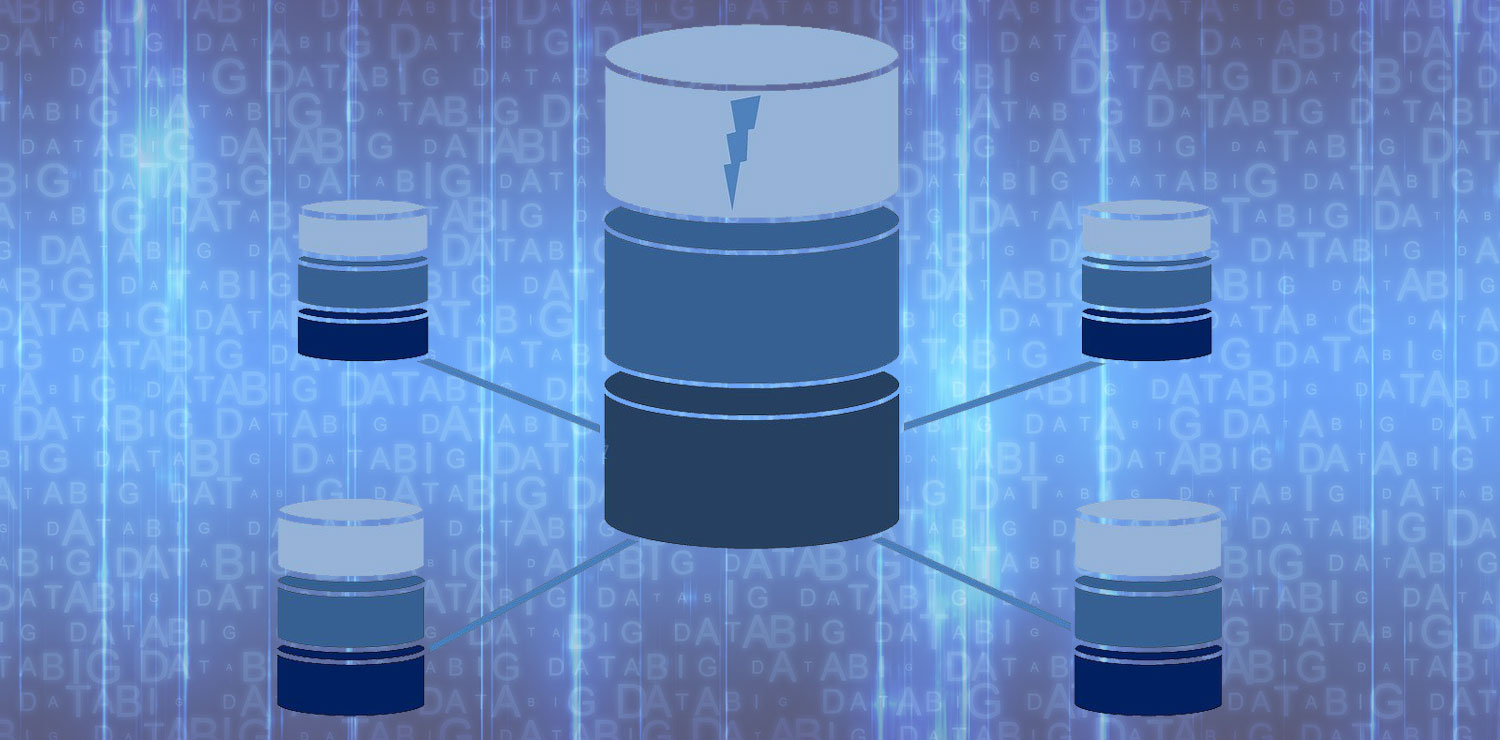As a college professor at a research-focused university, incorporating synthetic data generation into your work can open up a world of possibilities. Synthetic data generators allow you to create realistic datasets that mimic real-world scenarios, enabling you to explore new research avenues, test hypotheses, and drive innovation. Here are 25 ways you can leverage SDG in your role as a university professor:
- Pilot Studies: Generate synthetic data to conduct pilot studies and assess the feasibility of larger research projects.
- Hypothesis Testing: Create synthetic datasets to test research hypotheses and validate theoretical models.
- Algorithm Development: Use synthetic data to develop and refine algorithms for data analysis, machine learning, and artificial intelligence.
- Simulation Studies: Generate synthetic data to simulate complex systems and study their behavior under different conditions.
- Sensitivity Analysis: Create synthetic datasets with varying parameters to perform sensitivity analysis and assess the robustness of research findings.
- Data Augmentation: Augment limited real-world datasets with synthetic data to increase sample size and improve the generalizability of research results.
- Rare Event Analysis: Generate synthetic data to study rare events or extreme scenarios that are difficult to capture in real-world settings.
- Longitudinal Studies: Create synthetic longitudinal datasets to study long-term trends and patterns without the need for extensive data collection over time.
- Interdisciplinary Research: Generate synthetic data that combines information from multiple disciplines to facilitate interdisciplinary research and collaboration.
- Privacy-Preserving Research: Use synthetic data to study sensitive topics or populations while protecting individual privacy and confidentiality.
- Reproducible Research: Share synthetic datasets alongside research publications to enable reproducibility and facilitate peer review.
- Teaching and Education: Create synthetic datasets for teaching purposes, allowing students to work with realistic data without the need for real-world data access.
- Grant Proposals: Strengthen grant proposals by demonstrating the feasibility of research ideas through synthetic data generation.
- Industry Collaboration: Generate synthetic data that mimics proprietary or confidential industry data to foster collaboration and knowledge exchange.
- Policy Analysis: Create synthetic datasets to evaluate the potential impact of policy interventions and support evidence-based decision-making.
- Comparative Studies: Generate synthetic data from different populations or settings to conduct comparative studies and identify disparities.
- Predictive Modeling: Use synthetic data to train and validate predictive models for various research applications.
- Uncertainty Quantification: Generate synthetic datasets with known uncertainties to assess the impact of uncertainty on research outcomes.
- Experimental Design: Use synthetic data to optimize experimental designs and determine the required sample sizes for robust results.
- Data Fusion: Generate synthetic data that integrates information from multiple sources to create comprehensive datasets for analysis.
- Benchmarking: Create synthetic benchmark datasets to evaluate the performance of different research methods and tools.
- Data Imputation: Use synthetic data to develop and test imputation techniques for handling missing or incomplete real-world data.
- Anomaly Detection: Generate synthetic data with known anomalies to develop and validate anomaly detection algorithms.
- Causal Inference: Create synthetic datasets with controlled variables to study causal relationships and test causal inference methods.
- Research Collaboration: Share synthetic datasets with colleagues and collaborators to facilitate research collaboration and knowledge sharing.
By leveraging synthetic data generators in these diverse ways, college professors can push the boundaries of research, tackle complex problems, and drive innovation in their respective fields. Synthetic data provides a flexible and powerful tool to explore new research questions, validate findings, and collaborate with others while preserving data privacy and confidentiality.
As a professor, incorporating synthetic data generation into your research workflow can greatly enhance the scope and impact of your work. It allows you to generate tailored datasets that align with your research objectives, test hypotheses under controlled conditions, and explore scenarios that may be difficult or impossible to capture in real-world settings.
Moreover, synthetic data generators enable you to share your research data more freely, promoting transparency, reproducibility, and collaboration within the academic community. By providing synthetic datasets alongside your publications, you enable other researchers to validate your findings, build upon your work, and advance collective knowledge in your field.
In conclusion, synthetic data generators are a valuable asset for college professors engaged in university research. By embracing this powerful tool, you can unlock new research opportunities, drive innovation, and contribute to the advancement of your discipline. As the world becomes increasingly data-driven, the ability to generate and leverage synthetic data will be a key competency for successful researchers in academia and beyond.





